Medical quarantine at home in Hanoi in February 2022 - Photo: NAM TRAN
COVID-19 is a group B infectious disease
People and experts are discussing excitedly after the document of the Department of Medical Examination and Treatment Management, Ministry of Health on May 19 requested hospitals to prepare isolation areas ready for COVID-19 patients.
But what is different about quarantine now, when in October 2023, the Ministry of Health issued a decision to adjust acute respiratory infections caused by the new strain of coronavirus (COVID-19) from group A infectious diseases to group B infectious diseases of the 2007 Law on Prevention and Control of Infectious Diseases.
The move of COVID-19 to Group B means that this disease is no longer a particularly dangerous infectious disease, capable of spreading quickly, widely and causing high mortality. Accordingly, COVID-19 prevention and control activities are carried out in accordance with the provisions of the Law on Prevention and Control of Infectious Diseases for Group B infectious diseases.
Thus, COVID-19 belongs to a group of diseases including Zika virus, adenovirus, influenza, tuberculosis...
According to the Ministry of Health's guidance on monitoring and preventing COVID-19 when the disease is in group B, for confirmed cases, admission, treatment management, and infection prevention in medical examination and treatment facilities must comply with the regulations of the Ministry of Health.
For people with COVID-19 who are treated as outpatients, how is isolation done?
- People with COVID-19 must wear a mask. It is recommended to self-isolate at their place of residence for at least 5 days from the first appearance of symptoms or from the time of a positive SARS-CoV-2 test result and to wear a mask until the 10th day to avoid infecting others.
If you need to leave your place of residence, you must wear a mask, regularly disinfect your hands, and limit contact with others.
- Caregivers or people living in the same house as the patient must wear masks when in contact with the patient; limit contact with the patient.
- Wash your hands regularly with clean water and soap or hand sanitizer; clean and disinfect objects and contact surfaces such as table tops, door handles, handheld devices, toilets, sinks, etc. daily and when dirty.
- Keep the accommodation airy and clean.
For suspected COVID-19 cases, precautions to avoid infection
- Require people suspected of having the disease to take personal infection prevention measures, self-monitor their health; wear a mask when in contact with others or when leaving their place of residence; limit contact with others.
- Wash hands regularly with clean water and soap or hand sanitizer; clean and disinfect contact surfaces.
- Suspected cases with severe symptoms or at high risk of severe illness (elderly people; people with serious underlying diseases such as diabetes/cardiovascular disease; people with immunodeficiency; pregnant women) should be tested early for definitive diagnosis.
- If you need to leave your place of residence: you must wear a mask, wash your hands regularly with clean water and soap or hand sanitizer, and limit contact with other people.
- People suspected of having the disease: if they self-test and get a positive result, they need to notify the health station of the commune or ward where they are staying for instructions and assistance.
For cases of patients diagnosed with COVID-19 receiving inpatient treatment:
- The patient will be isolated and treated in the emergency department (if the patient is in emergency condition) or isolated and treated according to the specialist.
- In clinical departments, if a patient is found to have COVID-19, the patient will be transferred to the department's isolation room for isolation and treatment.
- Infectious and respiratory disease examination rooms; reception areas (emergency department) and isolation rooms in clinical departments must ensure ventilation requirements and always have available isolation conditions and means according to regulations.
Thus, according to current regulations, people infected with COVID-19 do not have to be strictly isolated as during the pandemic. The Ministry of Health also recommends that people not panic, but also not be subjective and need to proactively prevent the disease.
Proactively prevent COVID-19
To proactively prevent and control COVID-19, the Ministry of Health continues to recommend that people take the following measures:
1. Wear a mask in public places, on public transport, and at medical facilities.
2. Limit gathering in crowded places (if not necessary).
3. Wash your hands frequently with clean water, soap or antiseptic solution.
4. Increase physical activity, physical training, and proper nutrition.
5. If you have a fever, cough, or difficulty breathing, you must immediately go to the nearest medical facility for examination, monitoring, and timely treatment...
People coming to and returning from countries with high numbers of COVID-19 cases need to proactively monitor their health status to prevent and combat COVID-19 for themselves, their families and close contacts.
The Ministry of Health will continue to coordinate with WHO to closely monitor the COVID-19 epidemic situation in the world and propose appropriate and effective disease prevention and control measures.
WILLOW
Source: https://tuoitre.vn/cach-ly-phong-covid-19-hien-nay-co-con-can-thiet-20250520093037274.htm


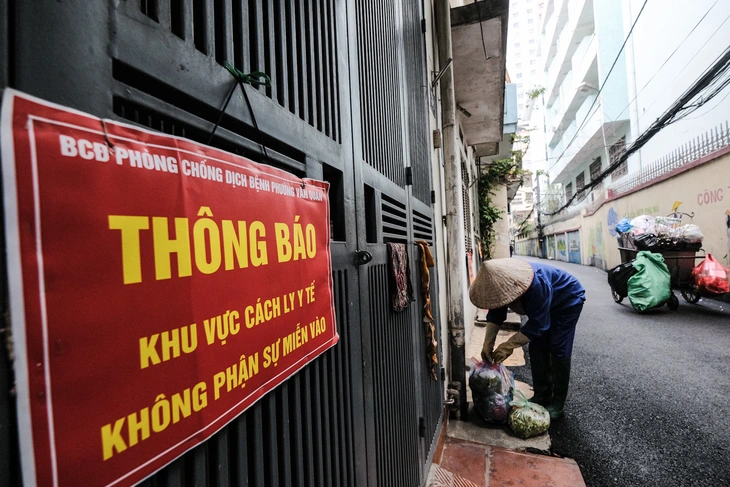
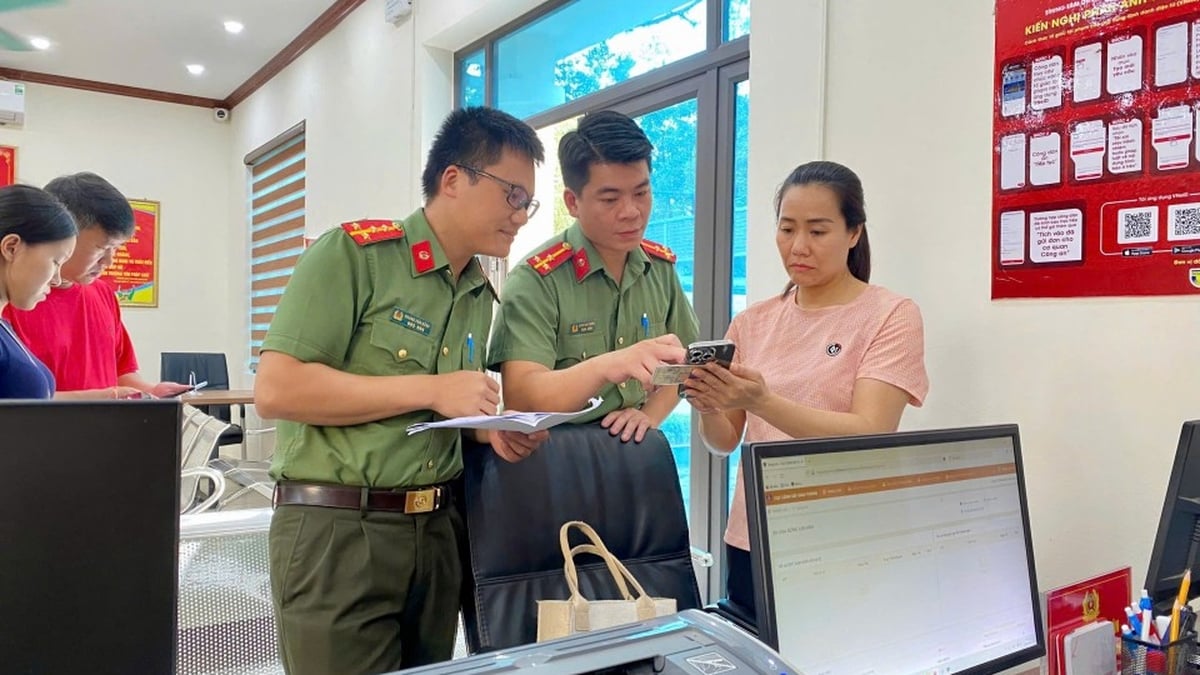
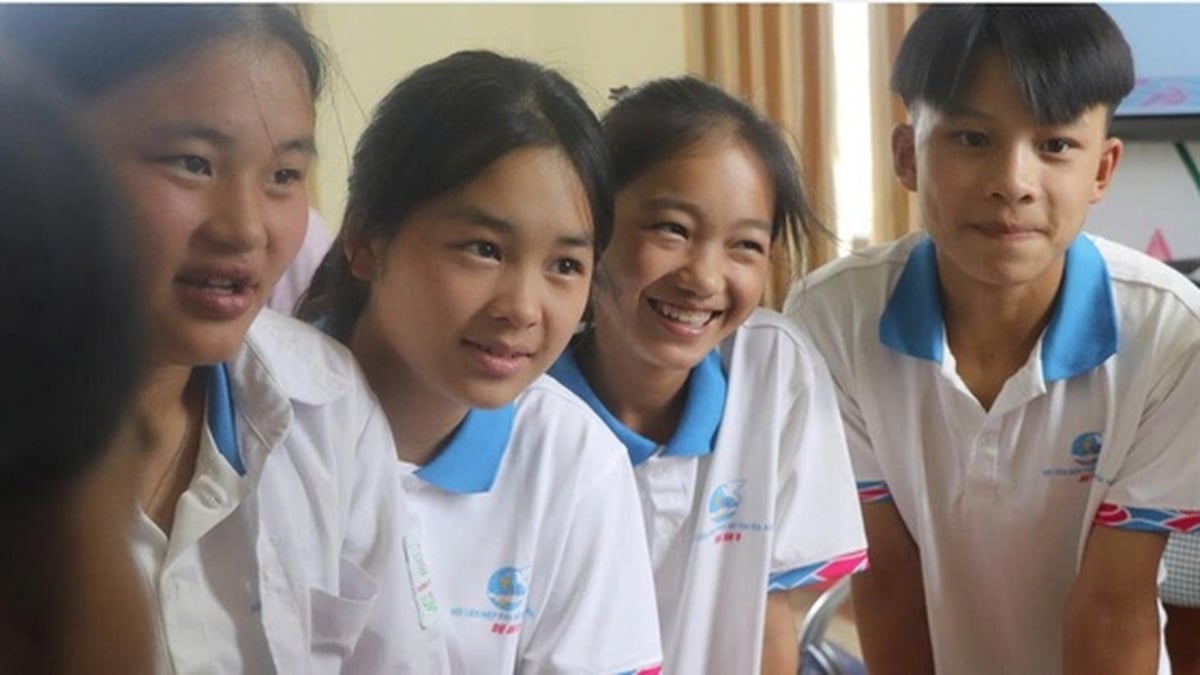
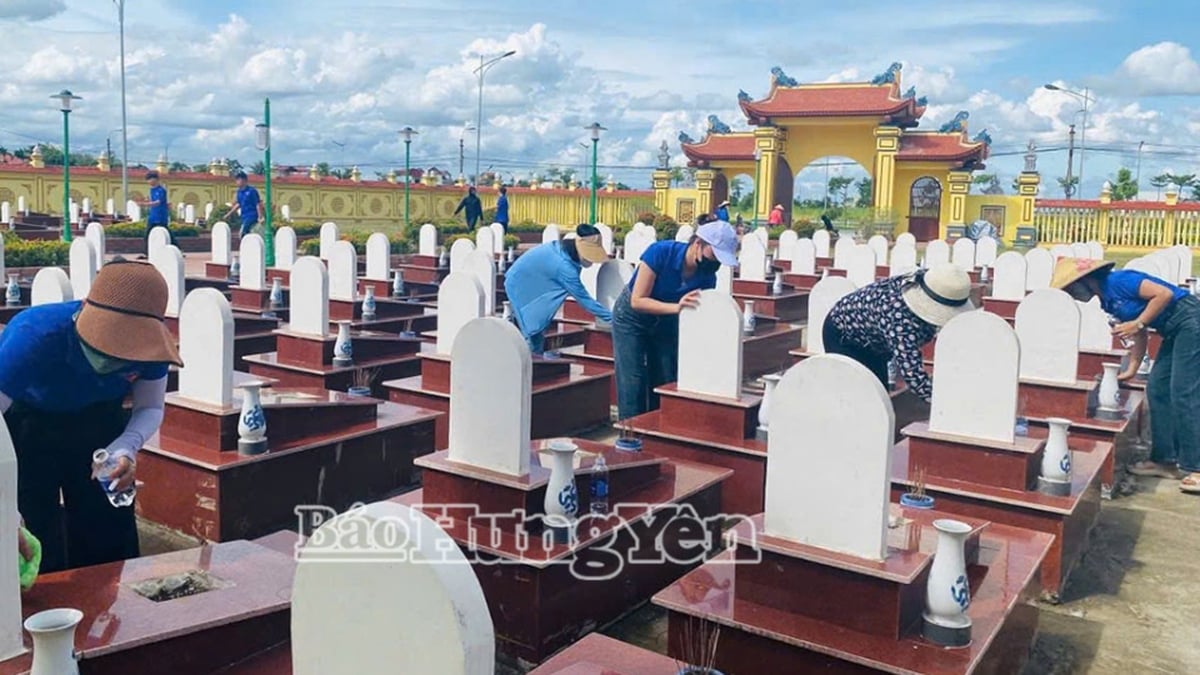
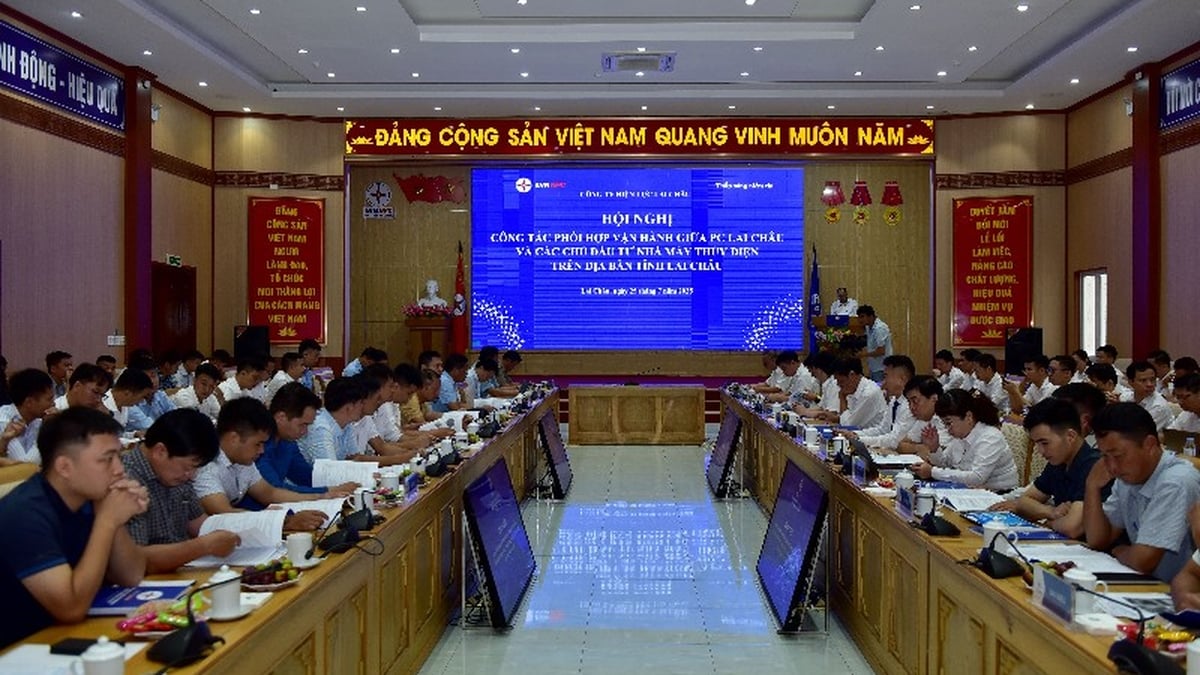


















![[Photo] Signing of cooperation between ministries, branches and localities of Vietnam and Senegal](https://vphoto.vietnam.vn/thumb/1200x675/vietnam/resource/IMAGE/2025/7/24/6147c654b0ae4f2793188e982e272651)








































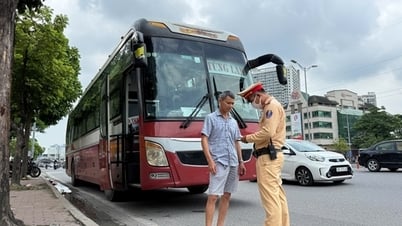



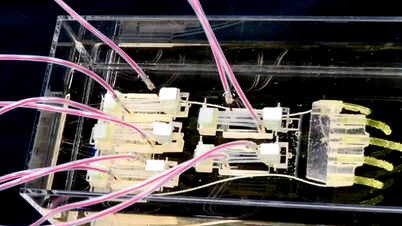
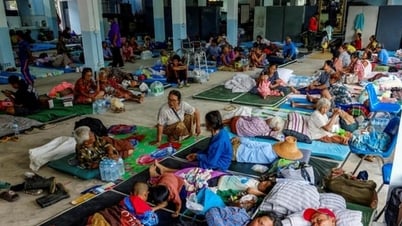



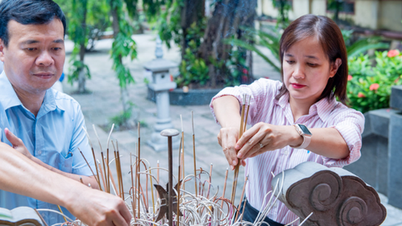




























Comment (0)